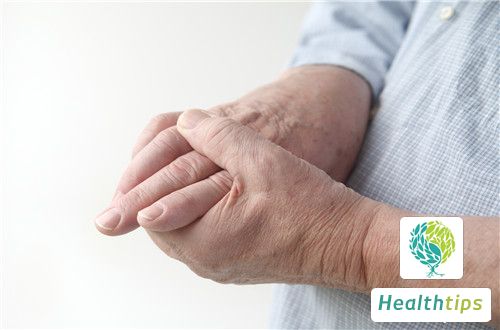What Are the Symptoms and Treatments for Intestinal Polyps?

Symptoms of intestinal polyps often include intermittent bloody stool or blood on the surface of stool, constipation, increased bowel movements, abdominal distension, abdominal pain, and other symptoms. The main treatment method is surgery. After surgery, attention should be paid to personal lifestyle and dietary habits, including avoiding cold, spicy, and indigestible foods, not sitting for extended periods, observing the shape and color of stool daily, and undergoing regular endoscopy examinations at the hospital.
1. Some patients may experience bloody stool, and generally, larger polyps are more likely to bleed. Mucoid stool, with some larger villous adenomas potentially excreting a large amount of mucus. Abdominal pain, in rare cases, larger polyps can cause repeated intussusception, leading to abdominal pain. Polyp prolapse is generally more common in children.
2. Clinically, endoscopic treatment is the primary treatment for intestinal polyps, and patients without relevant contraindications should receive endoscopic treatment. Under endoscopy, polyps are completely removed using methods such as endoscopic resection, high-frequency electric resection, and endoscopic mucosal dissection. Among these, high-frequency electric resection is the most common method and suitable for most patients. Postoperative complications such as bleeding, perforation, and infection should be monitored.
3. Most intestinal polyps are benign lesions, with bloody stool and changes in bowel habits as the main manifestations. Endoscopic treatment is the primary treatment method. Solitary polyps have a good prognosis but have a risk of recurrence, requiring regular follow-up examinations. The more polyps there are, the higher the risk of recurrence, and the longer the follow-up time. If it progresses to invasive colorectal cancer, the situation will be more severe, and prompt medical attention is required.



















